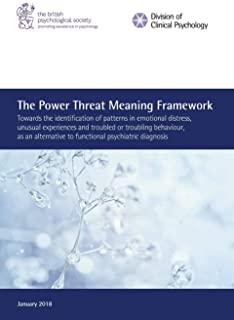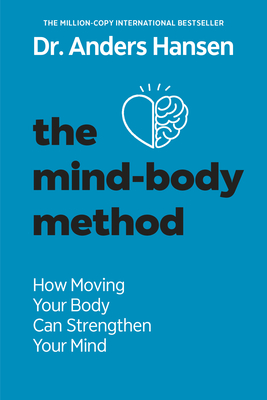
Johnstone, Lucy
The Power Threat Meaning Framework is a new perspective on why people sometimes experience a whole range of forms of distress, confusion, fear, despair, and troubled or troubling behaviour. It is an alternative to the more traditional models based on psychiatric diagnosis. It was co-produced with service users and applies not just to people who have been in contact with the mental health or criminal justice systems, but to all of us. The Framework summarises and integrates a great deal of evidence about the role of various kinds of power in people's lives; the kinds of threat that misuses of power pose to us; and the ways we have learned as human beings to respond to threat. In traditional mental health practice, these threat responses are sometimes called 'symptoms'. The Framework also looks at how we make sense of these difficult experiences, and how messages from wider society can increase our feelings of shame, self-blame, isolation, fear and guilt. The main aspects of the Framework are summarised in these questions, which can apply to individuals, families or social groups:
- 'What has happened to you?' (How is Power operating in your life?)
- 'How did it affect you?' (What kind of Threats does this pose?)
- 'What sense did you make of it?' (What is the Meaning of these situations and experiences to you?)
- 'What did you have to do to survive?' (What kinds of Threat Response are you using?)
In addition, the two questions below help us to think about what skills and resources people might have, and how we might pull all these ideas and responses together into a personal narrative or story:
- 'What are your strengths?' (What access to Power resources do you have?)
- 'What is your story?' (How does all this fit together?)







